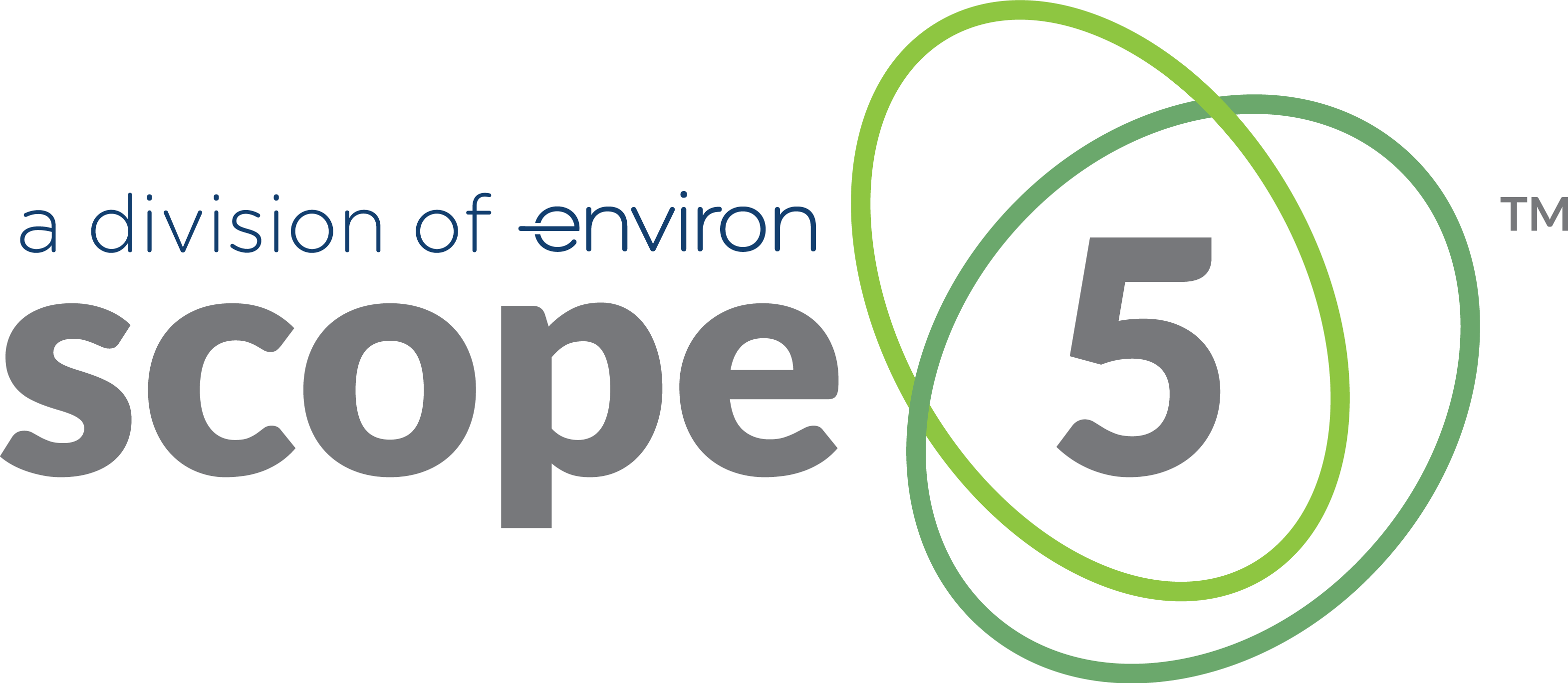While looking through our support site recently, I noticed that a couple of users had questions related to how and why Scope 5 prorates activity data. The answer to the ‘why’ is simple – prorating can make the difference between an accurate view into your organization’s sustainability performance and a distorted view. If you’re looking for opportunities to improve performance, you probably want the accurate view. If you’re reporting externally, accuracy is essential.
For most organizations, tracking sustainability metrics amounts to measuring various activities, such as consumption of electricity, fuels and other resources, on a regular basis. Consider an organization that gets monthly utility bills and records their electricity and fuel usage for each month. Periodically, they tally the total consumption from the bills that they received. They may then use those totals to analyze their performance, by comparing it to previous periods, or they may report those totals to external parties.
But bills usually don’t accurately reflect activity dates and the activity dates are what matter. Let’s say that you’re reporting your energy usage and greenhouse gas emissions for calendar year 2014. You collect all the bills from 2014. You have diligently collected 12 bills for each utility and now you sit down to total the activity and calculate its impacts.
What you might not have realized is that your last bill for the year, was dated December 10th but actually reflects usage for the period November 5th – December 3rd (often called the service period). What about the usage for December 4th – December 31st? That’s a full 27 days of usage missing! If you had used resources consistently throughout they year, that amounts to an error of 27/365 or over 7%.
“Never mind”, you say. “We made the same mistake last year, so the two mistakes offset each other.” But last year business was slow. This year, you had a gangbuster Christmas season. The error means that you’ve underreported by more than 15%. That reporting error would be considered a significant error in any audit. Furthermore, it messes up your internal analysis – your resource usage doesn’t line up with your other metrics, such as your production and your revenues.
That’s why we prorate. We collect usage based on service dates, not billing dates and then we prorate to whatever dates you specify for your charts or reports. Whether you use Scope 5, spreadsheets or just notes jotted on a piece of paper, make sure you are aware of the potential for error. Prorate as necessary. It’s a little more work but it can spare you the embarrassment of failing that audit and it assures that your internal analyses are valid.

